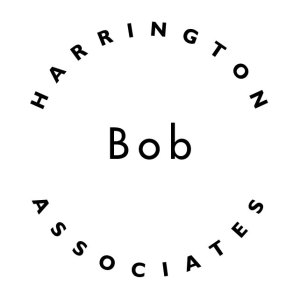You worked hard and thought you did all the right things to land the perfect candidate, but they rejected your offer. It is disheartening. You may have to start over. What went wrong? Candidates are no longer desperate for a job and, over the past two years, it has become a candidate-driven market. The MRINetwork reports that 49 percent of candidates refused job offers as a result of accepting an offer with another company.
Here is what can go wrong:
Too slow
Slow hiring processes give candidates access to more options and more time to rethink their reasons for making a change. Once you have completed the interviewing process and checked references, it’s time to make a decision. If you can’t, then say so but don’t let time slip by without communicating the delay. The best candidates are in demand and if they feel underappreciated, they will move on. It also tells people that you have an indecisive management style, which is a real turn-off.
You risk losing the best candidates if you:
- Involve too many people
- Postpone or delay
- Reschedule
- Lack a sense of urgency
- Are too bureaucratic
- Don’t have all of the interviewers ready and well-prepared
- Take too much time in between steps
- Wait for a slate of candidates when you should pursue the first best candidate
- Require third-party testing
If a candidate is treated poorly during any part of the interview process, it’s easy for him or her to assume that this is the way he or she will be treated as an employee. If it was an exhausting process, they felt it was unorganized or if candidates felt neglected until you wanted to talk to them, they won’t feel valued and appreciated. The best candidates have a shelf life, and if you don’t respect that, you can miss out on landing a star player.
Too low
If your offer didn’t make that candidate feel special and highly desired, then he or she is likely to continue looking or stay in his or her current job. If the offer doesn’t pay as much or more than the job the person will be leaving, expect a rejection. Understanding the candidate’s expectations is critical to closing the deal. Top candidates will have multiple offers to consider. They are being courted by others and current employer counteroffers are more aggressive than ever. Good candidates are becoming more difficult to find and are in demand. Unfortunately, employers haven’t caught up yet. They still think they can get a great candidate cheap. Your offer should wow them right from the beginning.
An inadequate relocation expense policy can also merit a rejection. An offer should always be preceded by a telephone call to ‘test the offer’ and make sure that it’s one the candidate will accept. If you are the hiring manager, have the HR Manager make the call. That is the time to learn of any unusual needs that the candidate has and address them in the offer letter. Negotiations are always sensitive and can damage the employer-employee relationship. If either party gets hurt feelings, then the deal could be in jeopardy.
Too quiet
Keep your candidates informed regarding the progress of the process. Create expectations regarding next steps and then stick to it. Don’t rush the process, but be honest and straightforward about how the candidate stacks up. You risk losing the best candidates when they become disillusioned because they don’t know what is going on. Don’t leave them guessing. This usually leads to a negative outcome. Companies should be re-visiting from the top down why their company is a great place to work and why not. As part of the process, they need to “sell” the attributes of the company and position and divulge sufficient information for the candidate to consider so they can be fully aware of what they are signing up for. Now is the time to find out if it is the right fit for both parties.
Summary
Can you compete for top talent? Does your interview process need a tune-up? Employers need to do some soul searching and perform an honest assessment of their hiring process. Interview quickly, make a decision quickly and present an offer the candidate can’t refuse. You are competing with offers from other companies, and counteroffers from the current employer. Are you prepared to present a job offer within two weeks of the first interview?
Bob Harrington Associates has been in the executive search business for 20 years and can help you find the best people for your business.
